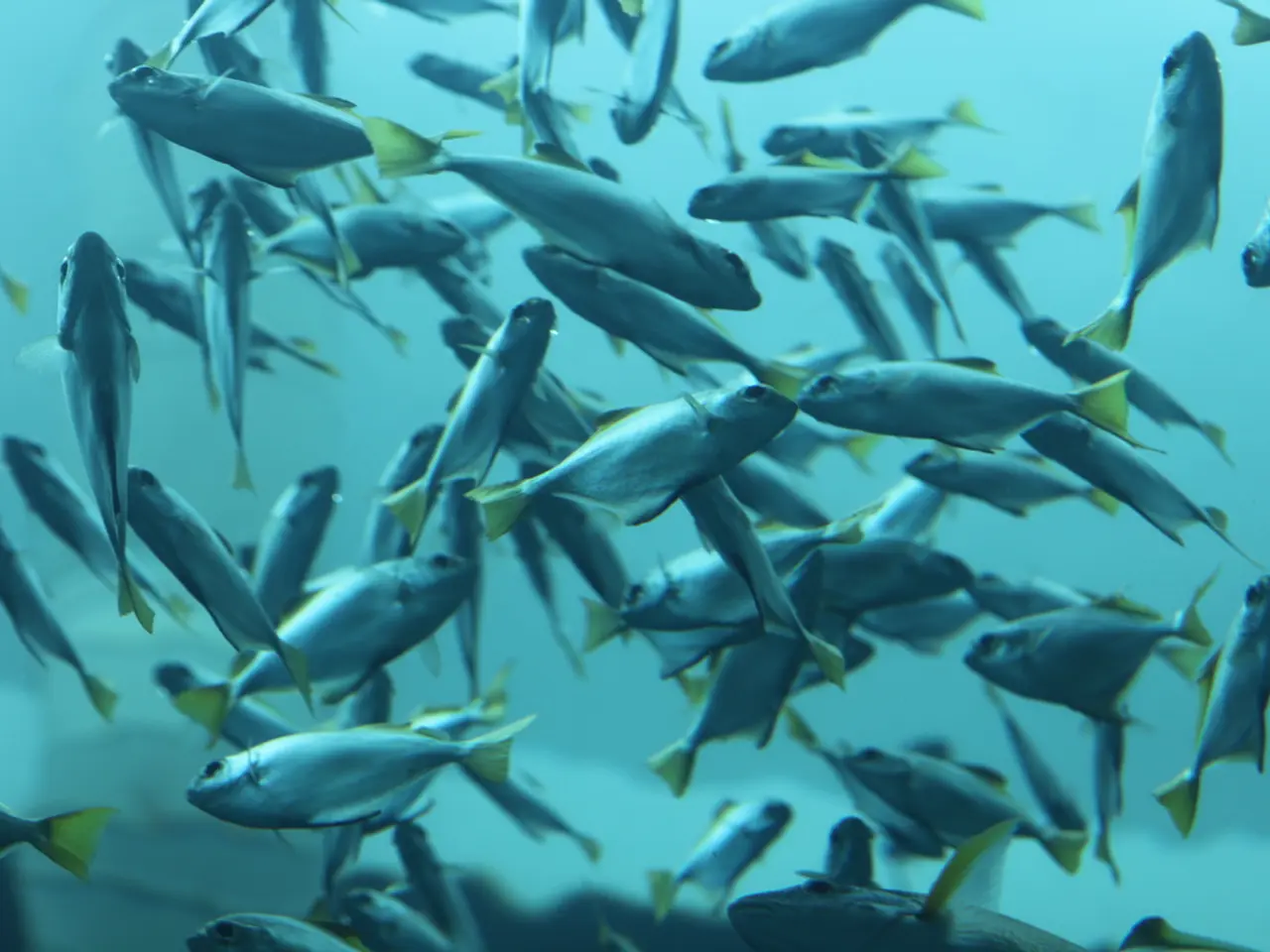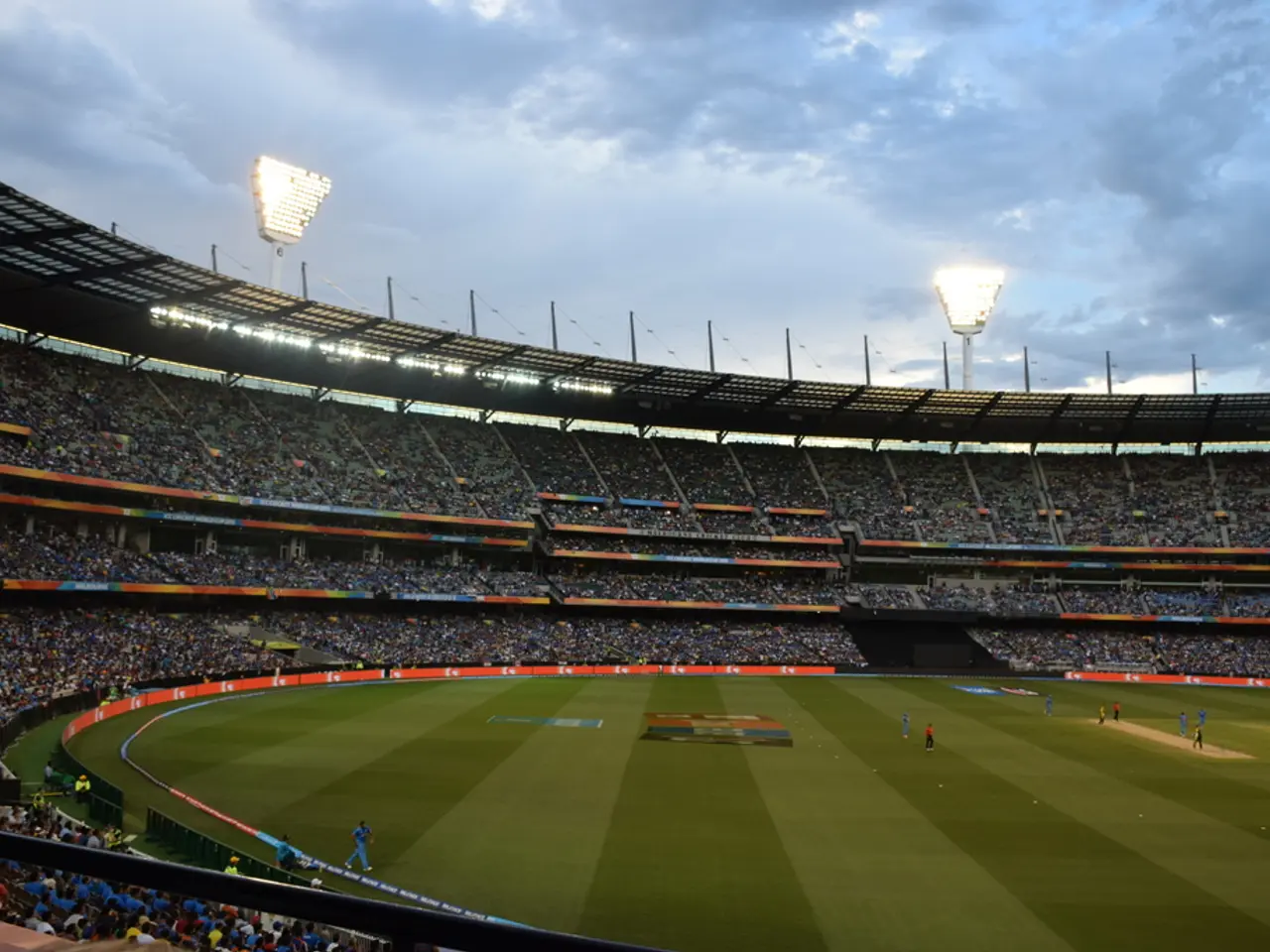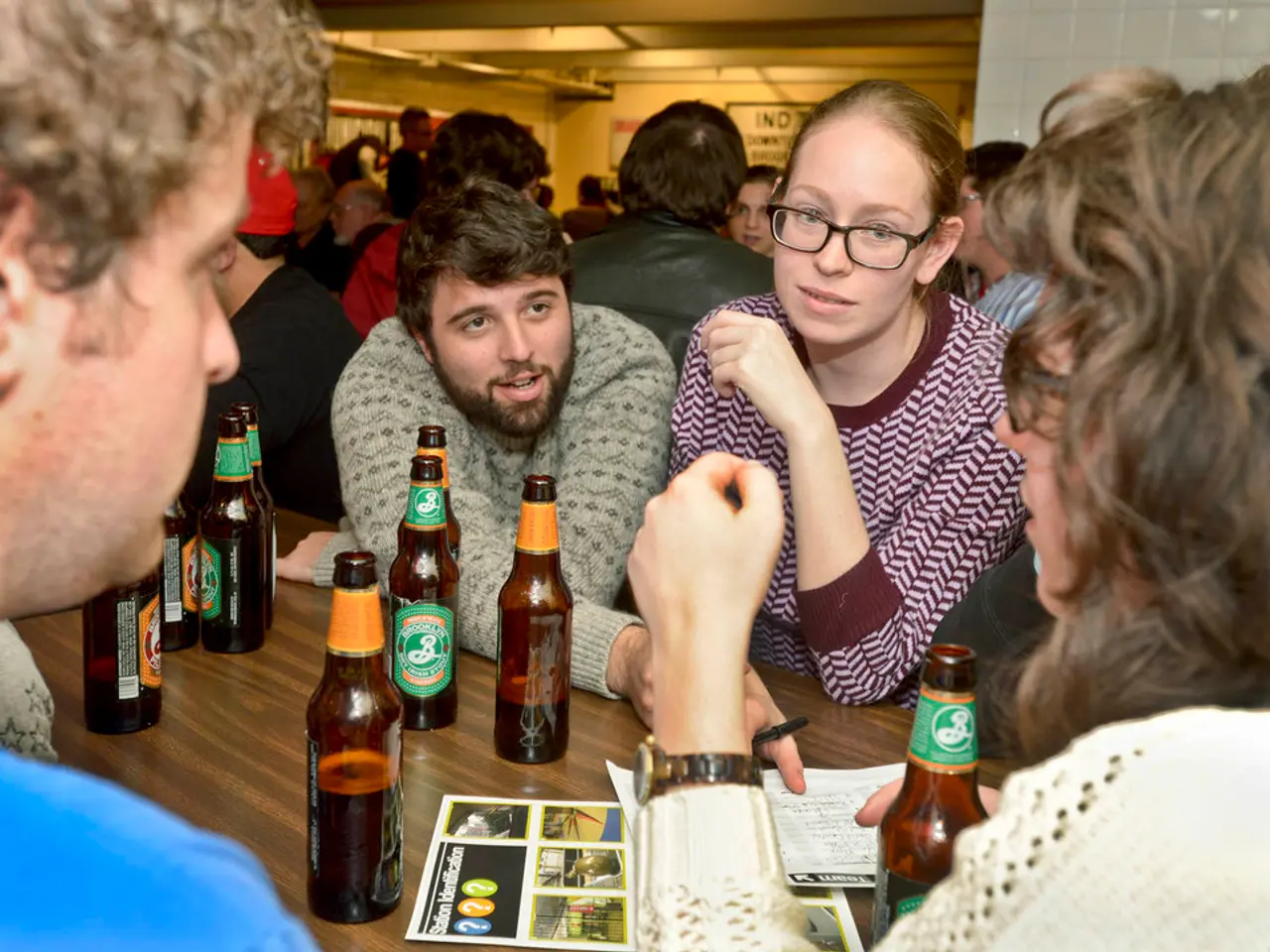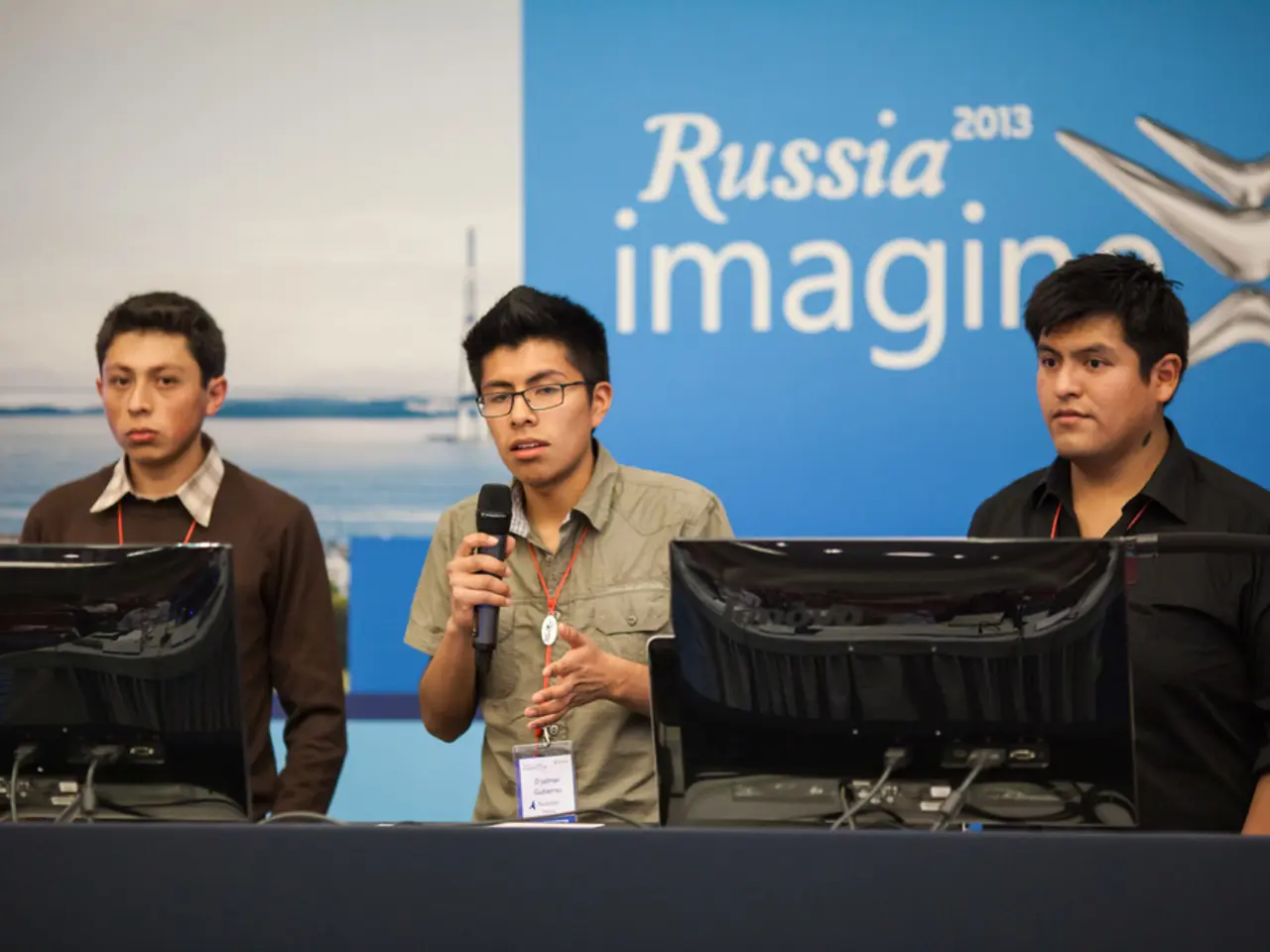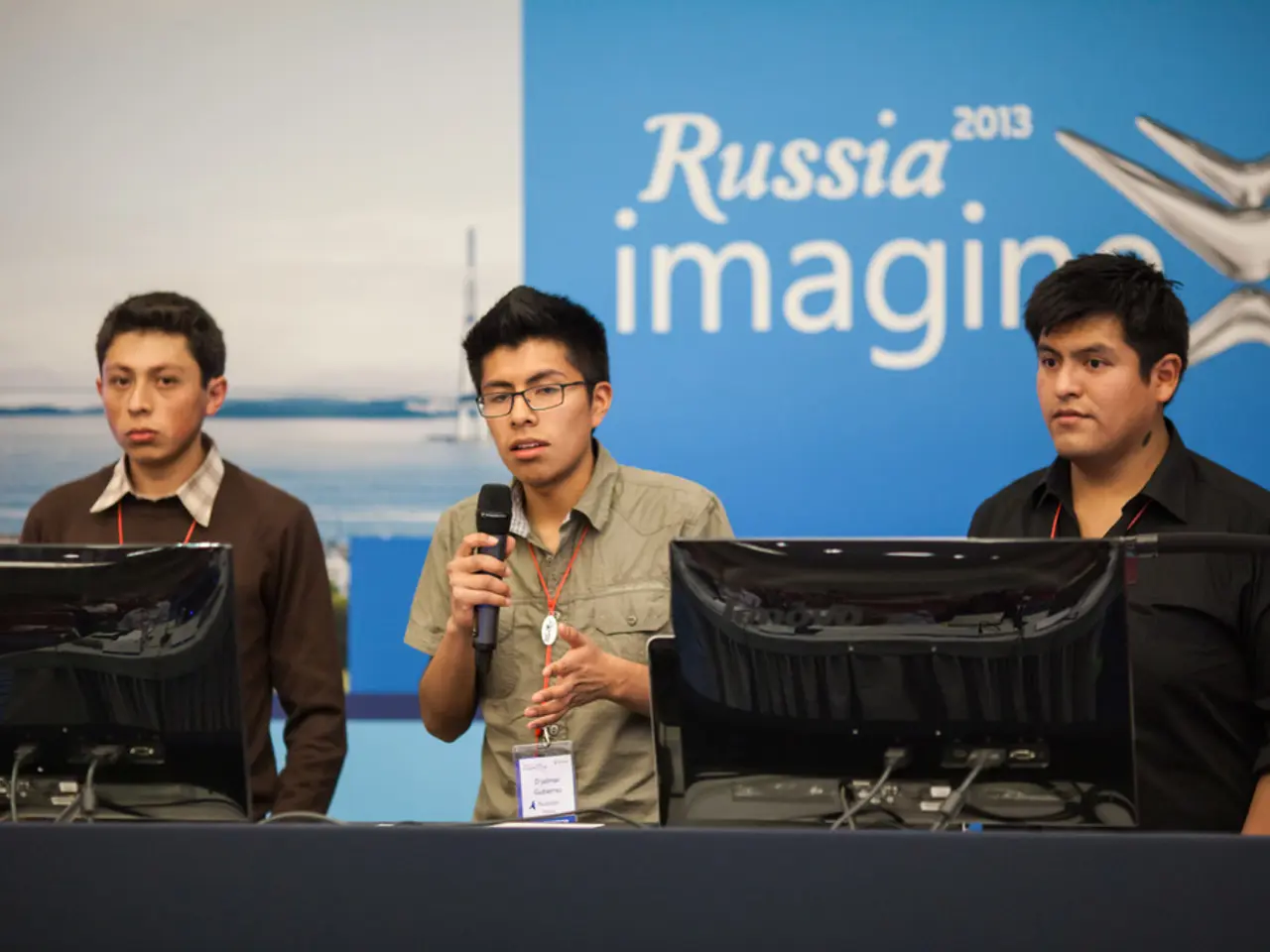Fishing for salmon experiencing lower yields compared to previous year
================================================================================
Salmon fishing in Iceland's main rivers has seen a noticeable decline this summer, with catches significantly lower than last year. The Gljúfurá river in Borgarfjörður, for instance, has only seen four salmon make their way upstream as of yesterday, a stark contrast to the numbers seen in the same period last year.
The catch numbers in the rivers of the south and west of Iceland are also far below their 2024 counterparts. This sluggish fishing season has led to speculation about the reasons behind this trend.
One theory suggests that the delay in the return of salmon this summer could be due to the late departure of salmon smolts from the rivers last year. Rafn Valur Alfreðsson, leaseholder of the Miðfjarðará river in Húnavatnssýsla, proposed this idea, believing that the phenomenon might be occurring in the Gljúfurá river as well.
According to this theory, some salmon smolts may not have gone to sea last summer at all, meaning two age classes may have headed out this spring. If this theory holds true, it could result in strong salmon runs next summer.
However, this theory is not the only potential explanation for the sluggish fishing season. Environmental and ecological factors, such as pollution, habitat degradation, and climate change affecting water temperature and river conditions, could also be contributing to the decline in salmon runs.
There is also increasing recognition of fisheries bycatch impacts on migrating wild salmon, which could contribute to lower salmon numbers in rivers. Furthermore, wild salmon stocks can be impacted by overfishing or competition with farmed salmon, a global concern that may be relevant to Iceland's salmon populations.
Despite these potential explanations, definitive local data or fishery reports from Icelandic authorities are needed for a precise understanding of the causes behind the sluggish salmon fishing season.
In the meantime, hopes for a strong return of two-sea-winter salmon this summer have not been met, and the hopes for a bountiful fishing season next year remain tentative. As the summer progresses, updates on the salmon populations in Iceland's rivers will provide valuable insights into the health of these vital ecosystems.
[1] Cod prices soar in Icelandic market. (2025). The Reykjavik Grapevine. [2] Instagram post about fishing in Iceland. (2025). @icelandfishinglovers. [3] Climate change and the future of wild salmon. (2025). The North Atlantic Salmon Fund. [4] Bycatch and wild salmon populations: A global concern. (2025). World Wildlife Fund. [5] Salmon restoration conference set for Reykjavik. (2025). The Icelandic Times.
- ["Even as salmon fishing in Iceland's rivers has seen a significant decline, there's still enthusiasm for sports related to fishing, as evident in posts on @icelandfishinglovers' Instagram"]
- ["While news about the declining salmon numbers dominates conversations, there's hope that the situation might improve, as suggested in a report by The North Atlantic Salmon Fund"]
